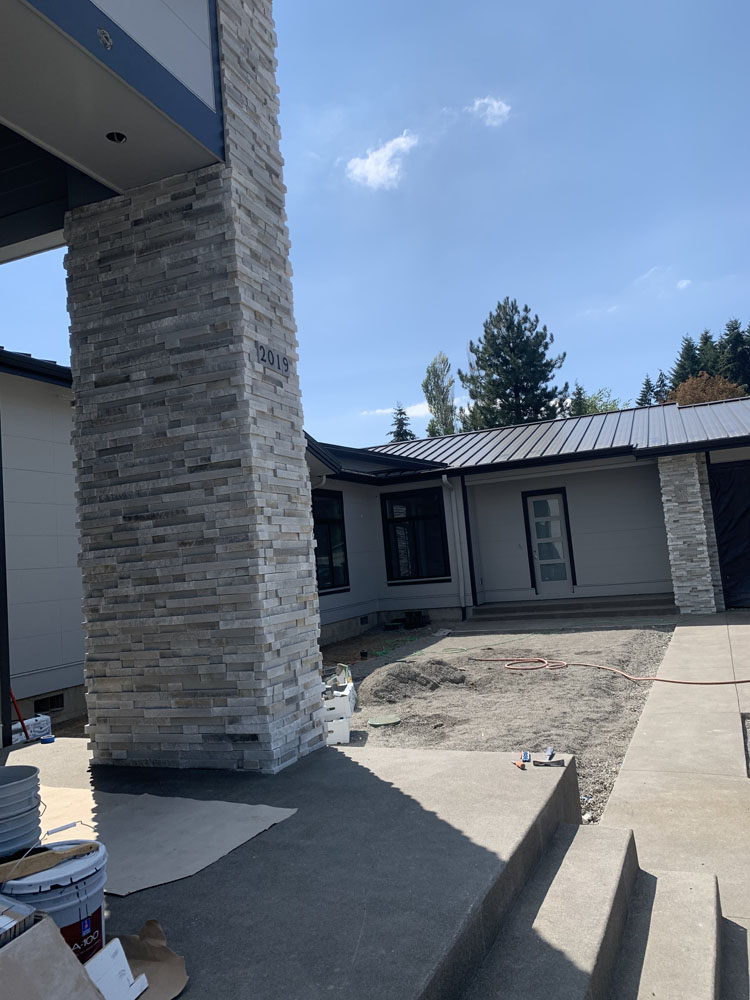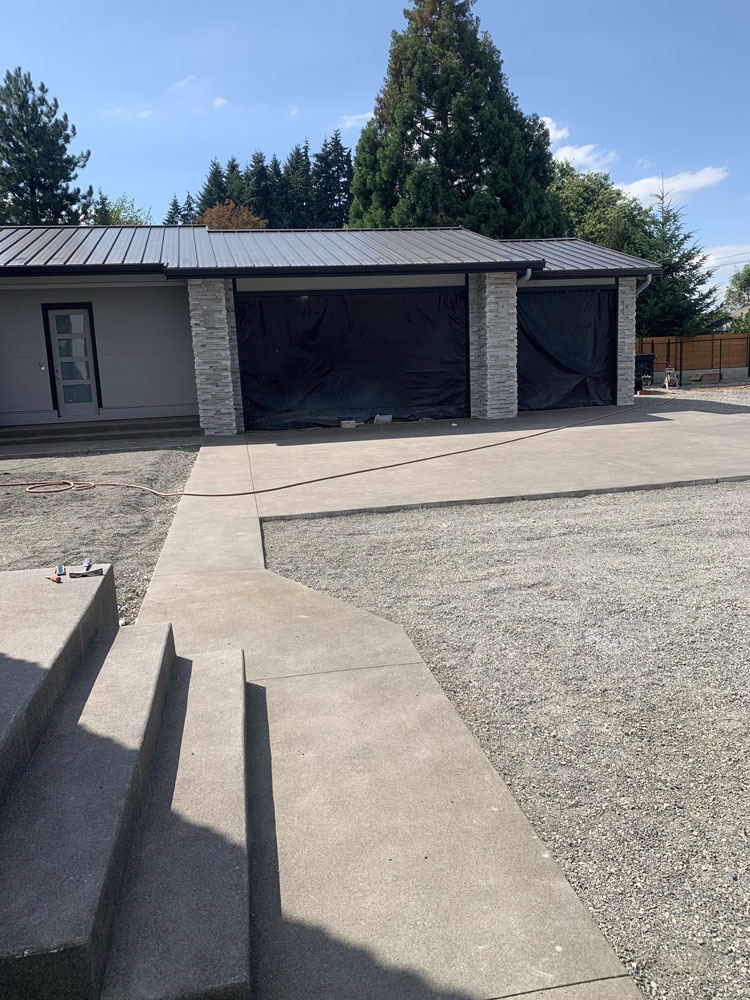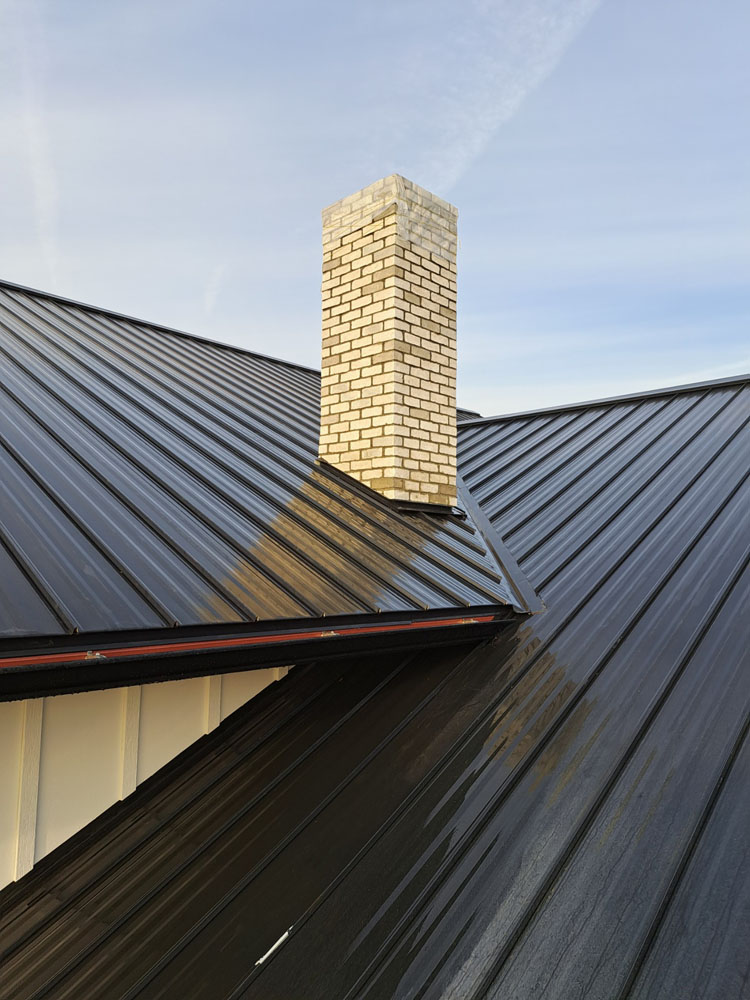Introduction
When it comes to building or repairing structures that involve brick masonry, selecting the right mortar is crucial. The type of mortar you choose can significantly affect the durability, strength, and overall appearance of masonry repairs near my home your brick work. In this comprehensive guide, we will delve into various aspects of mortar selection and application, focusing on its importance in brick masonry and chimney repair. Whether you're a seasoned homeowner embarking on a DIY project or a masonry contractor looking to refine your skills, understanding how to choose the right mortar for your brick work is essential.
The Importance of Mortar in Brick Masonry
Mortar acts as the glue that binds bricks together. It not only enhances structural integrity but also helps in weatherproofing and aesthetic appeal. Choosing the wrong type of mortar can lead to issues down the line, including cracking, water infiltration, and reduced lifespan of your masonry structure.
Understanding Different Types of Mortar
Cement-Based Mortar- Commonly used due to its strength and durability. Typically includes Portland cement, sand, and water.
- Known for its flexibility and breathability. Ideal for older buildings where traditional materials are used.
- A mix of sand and water; often used for decorative purposes.
- A pre-mixed option that combines cement with additives.
- Used primarily for tile installations but can be applied in specific brick projects.
Key Factors to Consider When Choosing Mortar
1. Purpose of Your Brick Work
Before you select a mortar type, consider what you’re trying to achieve with your brick work:
- Are you building a new structure or repairing an existing one? Is it an interior wall or an exterior feature?
2. Environmental Conditions
The climate plays a significant role in mortar selection:
- In areas with high moisture levels, a more flexible mortar may be necessary. For hot or dry climates, faster-setting mortars could be beneficial.
3. Type of Bricks Used
Different bricks have different absorption rates:
- Soft bricks absorb more moisture; therefore, they require lime-rich mortars. Harder bricks may need stronger cement-based options.
4. Structural Requirements
It's vital to assess the load-bearing capacity required from your brick work:
- Decorative walls can use softer mortars compared to load-bearing structures that need higher compressive strength.
5. Compatibility with Existing Materials
If you're working on repairs—especially chimney repair—ensure that the new mortar is compatible with existing materials:

- Using incompatible materials can lead to structural failure over time.
How to Choose the Right Mortar for Your Brick Work: A Step-by-Step Guide
Assess Your Project Needs: Determine if it's a new construction or repair job.
Evaluate Environmental Factors: Understand how climate conditions might affect your choice.
Identify Brick Type: Check if you're working with soft or hard bricks.
Review Structural Requirements: Decide how load-bearing your structure needs to be.

Consult Professionals: If unsure, consult with a masonry contractor for expert advice.
Mortar Mix Ratios That Work Best for Different Applications
| Application | Recommended Mix Ratio | |--------------------|--------------------------------------| | General Masonry | 1 part cement : 3 parts sand | | Chimney Repair | 1 part lime : 1 part cement : 6 parts sand | https://ramosmasonry.com/about-ramos-masonry-construction-company/ | Decorative Walls | 1 part masonry cement : 4 parts sand |
Common Mistakes When Choosing Mortar
- Overlooking environmental conditions can lead to premature wear. Failing to match mortar types during repairs results in visible inconsistencies and potential damage.
DIY vs Hiring a Masonry Contractor: What’s Best?
While many homeowners may consider taking on their own brick work projects, hiring a skilled masonry contractor might save time and ensure quality results:
Pros of DIY:
- Cost savings Personal satisfaction
Cons of DIY:
- Potential mistakes Time-consuming
Pros of Hiring a Contractor:
- Expertise Access to quality materials Warranty on work
Cons of Hiring a Contractor:
- Higher costs Less personal involvement
Frequently Asked Questions (FAQs)
Q1: What is the best type of mortar for outdoor brick work?
A1: For outdoor applications, it's advisable to use a strong cement-based mortar mixed with lime since it provides flexibility while resisting moisture damage.
Q2: Can I use regular concrete mix as mortar?
A2: While some might attempt this, regular concrete mixes lack the necessary plasticity needed in mortar and should generally be avoided for brick laying.
Q3: How do I know if my existing mortar needs replacement?
A3: Look for signs like cracking or crumbling joints; if more than 30% is damaged, it’s time for replacement.
Q4: Is there a specific cure time for different mortars?
A4: Yes! Generally speaking, most mortars require at least 24 hours before being exposed to significant stress but check manufacturer guidelines for specifics.
Q5: Why is lime important in some mortars?
A5: Lime increases flexibility and breathability while reducing shrinkage during curing—a crucial aspect when working with older structures.

Q6: Should I seal my brick work after applying mortar?
A6: Sealing isn’t always necessary but can protect against moisture infiltration; consult local climate conditions before deciding.
Conclusion
Choosing the right mortar for your brick work is fundamental not only for achieving structural integrity but also enhancing aesthetic appeal over time. From evaluating environmental factors and understanding different types of bricks to consulting professionals when needed—every step counts towards ensuring longevity in your masonry project. Remember that investing time into properly selecting your materials will pay off in durability and beauty down the line!
Whether you're tackling chimney repairs or embarking on new construction projects involving brick masonry, this guide aims to empower you with knowledge so you can make informed decisions about how best to proceed with your next venture!